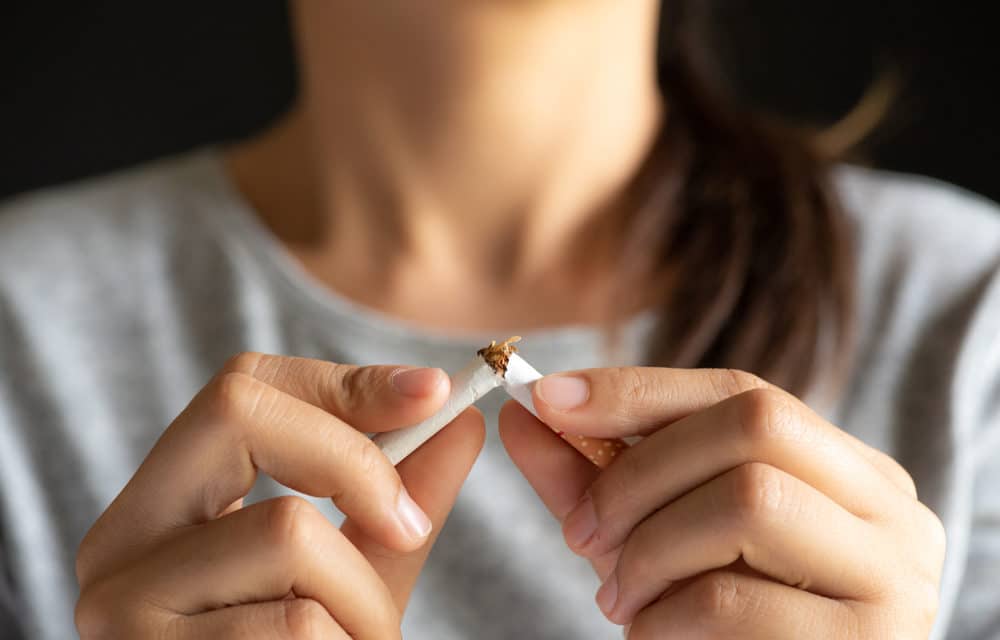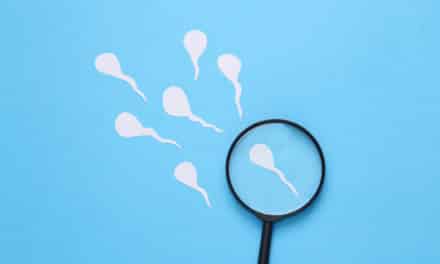We play it down because it is a subject on which there is not much information and because despite being a bad habit, smoking is socially accepted. Therefore, hardly anyone thinks about it, not even before trying to conceive. However, in the case of sperm, many studies have confirmed that exposure to tobacco is harmful. In the case of women, as already mentioned, the relationship is not so obvious, but smoking has been shown to reduce fertilisation rates and increase the risk of ectopic pregnancy (implantation of the embryo outside the uterus), which poses a risk to the mother’s health and prevents the pregnancy from going ahead. Smoking also leads to menopause occurring earlier and causes the symptoms associated with this stage to become more uncomfortable.
And yes, there are smokers who get pregnant and have babies without any apparent health problems. But that does not mean that smoking does not have a negative effect. In fact, direct exposure to smoke is already harmful. So, if you are a smoker, don’t underestimate its effects.
The scientific journal Human Reproduction, one of the most prestigious in the field of reproductive medicine, recently published a study linking smoking to fertility, but there are many more. This work, in particular, stated that cigarette smoke contains thousands of components with various effects (nicotine, nitrates, polycyclic aromatic hydrocarbons, carbon monoxide, benzene, ammonia, tar…) and even heavy metals, such as lead and cadmium, and that each and every stage of reproduction was a “target” for these components: the egg maturation process, hormone production, embryo transport, endometrial receptivity, uterine blood flow, the formation of blood vessels in the endometrium… “This would explain, at least in part, why women who smoke have a lower fertility rate, and also why the results after performing in vitro fertilisation (IVF), are worse for this population group,” explains Dr Piotr Sokol, a fertility specialist at our centre.
However, the study points out that the effects of smoking on fertility depend on the dose, individual sensitivity, time and type of exposure, as well as on the presence of other toxic substances — alcohol consumption and environmental pollution, for example — and hormonal state. “But even so, smoking alone is an independent risk factor for the reproductive system and for reproductive outcomes. It always has a negative impact,” adds Dr Sokol.
Just a few weeks ago, a team from Uppsala University in Sweden published the results of another study on the health effects of smoking. According to the authors, nicotine concentrates in some areas of the brain — such as the thalamus and hypothalamus — where it decreases the conversion of testosterone to oestrogen, which has a negative impact on the brain and potentially even on the reproductive system.
In short, it is clear that smoking affects our health and that its negative impact probably goes further than we know or have been able to prove. Even the apparent de-stressing and relaxing sensations it produces are false, as tobacco has no relaxing properties. What happens is that smoking calms the withdrawal symptoms caused by the lack of nicotine in the brain.
However, because we do not want to share only bad news, we wish to end this post on a positive note: although it may be difficult at first, the benefits of quitting smoking are felt almost immediately. Within a few minutes, your blood pressure and heart rate decrease; after 24 hours, nicotine and other toxic compounds disappear from your blood; in 2 or 3 days, your sense of taste and smell begins to normalise; and after two or three months, your blood flow and lung capacity improve. In the longer term, the risk of developing diseases also declines progressively.
However, quitting smoking is not easy, nor is it always quick. Therefore, if you are a smoker and want to try quitting, give yourself some time and seek the help of a professional. And if you are thinking of becoming pregnant, now or in the future, it is important that you try to quit smoking before you start trying to have a baby.










